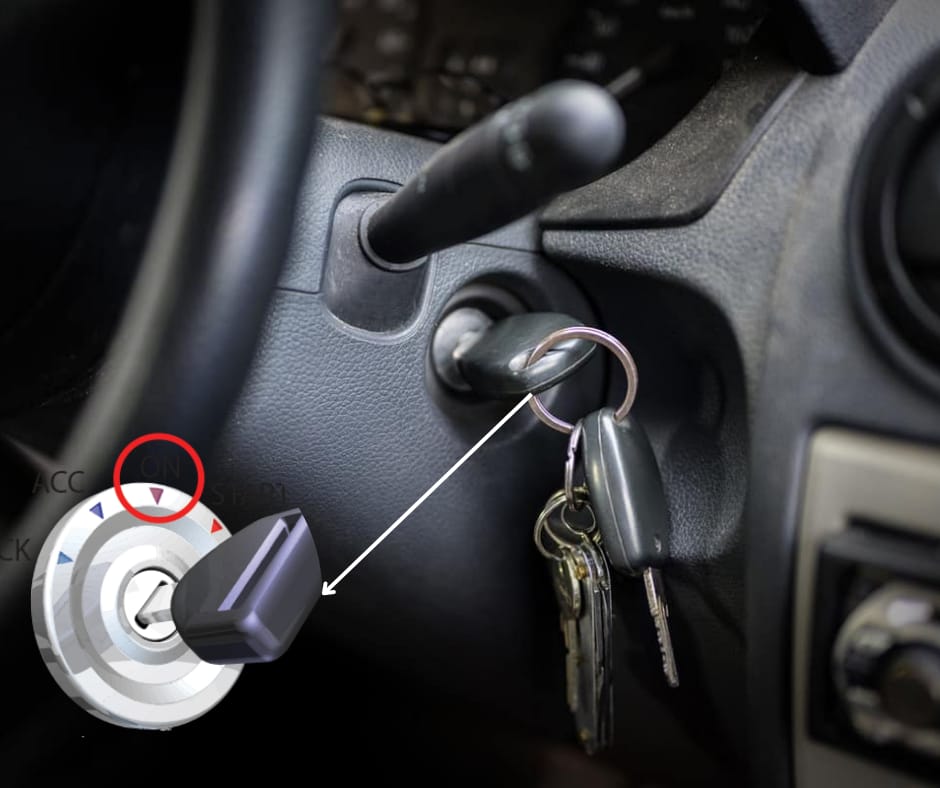Exploring the Advantages: Mechanical Keys Over Push to Start Button

Uncover why traditional mechanical keys might still hold the upper hand in today’s high-tech automotive world.
Reliability and Simplicity of Mechanical Keys
Mechanical keys have stood the test of time, thanks to their unmatched reliability. With no electronic components to malfunction, these keys offer a straightforward approach to vehicle security that's less prone to failure. The simplicity of the design means there's little that can go wrong, making mechanical keys a dependable choice for drivers who value consistency.
Moreover, the tactile feedback provided by a mechanical key turning in a lock is not only reassuring but also gives drivers a direct connection to their vehicle. This physical engagement is often missing from newer technologies, and for many, it's a crucial aspect of the driving experience.
Enhanced Security Features of Traditional Car Keys
Despite advancements in keyless entry systems, traditional car keys offer enhanced security in several ways. Mechanical keys are unique to each vehicle, making them harder to duplicate without specialized equipment. This reduces the risk of unauthorized copies being made and used for theft.
Additionally, the physical nature of a mechanical key requires a would-be thief to have actual possession of it to gain access to the vehicle. Unlike push-to-start systems that can be hacked or manipulated through relay attacks, mechanical keys provide a tangible barrier to entry that's challenging to circumvent without the key itself.
Cost-Effectiveness and Ease of Replacement
Losing a key can be an expensive and stressful ordeal, but mechanical keys offer a cost-effective solution. They are generally cheaper to duplicate or replace compared to their electronic counterparts, which often require programming and may come with hefty price tags. This makes mechanical keys a budget-friendly option for drivers who want to avoid the high costs associated with modern key fobs.
Furthermore, the process of replacing a mechanical key is usually straightforward, often requiring a simple trip to a locksmith or hardware store. This ease of replacement ensures that drivers can quickly regain access to their vehicles without the need for complex reprogramming or dealership intervention.
Tactile Satisfaction and User Experience
The tactile satisfaction of using a mechanical key should not be underestimated. There's a certain pleasure and assurance in the physical act of inserting and turning a key that many find satisfying. This sensory feedback is an integral part of the user experience for some drivers, who may feel more in control or connected to their vehicle.
In a world increasingly dominated by touchscreens and virtual interfaces, the tangible nature of a mechanical key offers a refreshing counterpoint. It provides a sense of permanence and tradition that can enhance the overall user experience, especially for those who appreciate the mechanical aspects of driving.
Mechanical Keys in Emergency Situations
In emergency situations, mechanical keys can be invaluable. They offer a fail-safe method of entry and ignition that doesn't rely on battery power or electronic systems that may malfunction. For instance, in the event of an electrical failure within the vehicle, a mechanical key would still allow a driver to unlock the doors and potentially start the engine if it's not dependent on electronic components.
Moreover, a mechanical key can be a lifesaver in scenarios where the key fob's battery is dead, or the car's electronic system is compromised. Its simplicity ensures that it functions under a variety of adverse conditions, providing peace of mind to drivers who want to be prepared for any situation.

 Loading..
Loading..